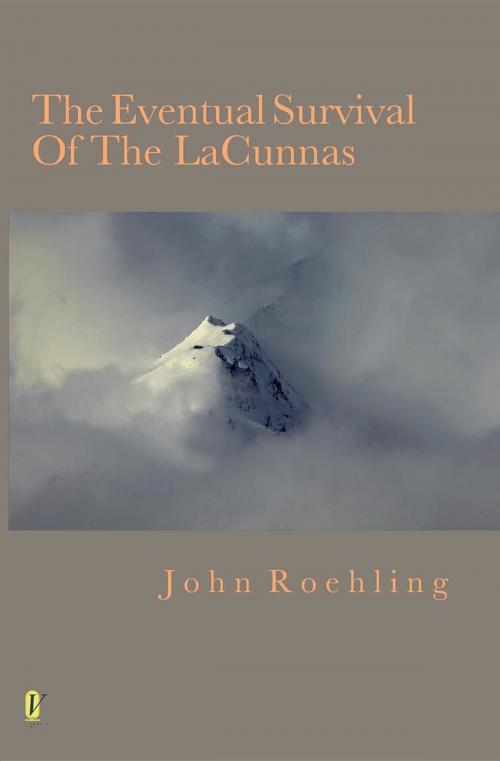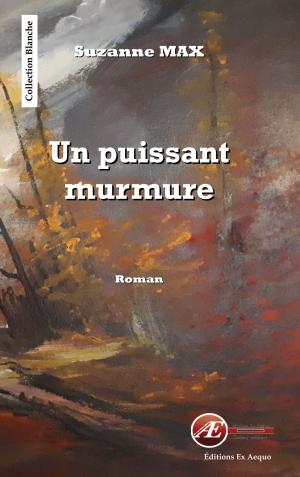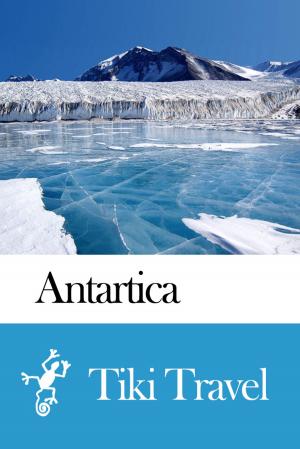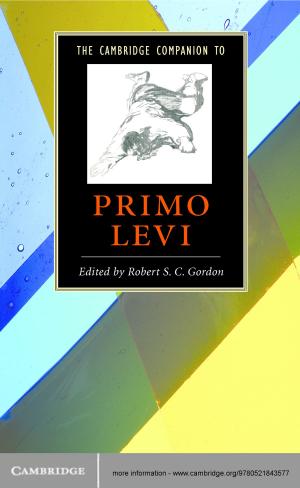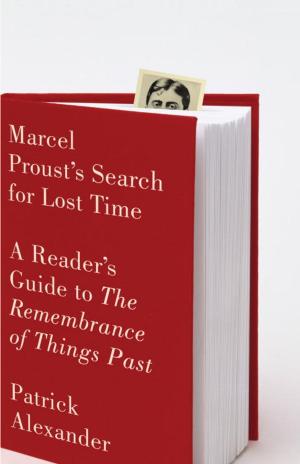The Eventual Survival Of The LaCunnas
Science Fiction & Fantasy, Historical, Fiction & Literature, Literary| Author: | John Roehling | ISBN: | 9780998604114 |
| Publisher: | John Roehling | Publication: | July 28, 2017 |
| Imprint: | John Roehling | Language: | English |
| Author: | John Roehling |
| ISBN: | 9780998604114 |
| Publisher: | John Roehling |
| Publication: | July 28, 2017 |
| Imprint: | John Roehling |
| Language: | English |
In an atmosphere at a moment in our own prehistory, wrapped inside a contemplation on the nature of evolution, we are invited into the lives of two species of herd animals coping with the climate change of their day. Facing the extinction of one herd less able to adapt, how they muddle through mirrors the spectrum of our own day-to-day lives. Might they be our distant ancestors? Perhaps also our survivors? Might these beasts provide a better template for confronting extinctions in our time? Even our own. Long bridges of evolution we view in the span of Eras were instead crossed in precise moments of lightning-bolt epiphanies, sparked by absurd conclusions of ridiculous logic, odd mammalian behaviors, and eternal wisdom. The bridges culminate with two nondescript, individuals, one from each species, bonding, living, and in the end dying--creating, or re-creating the near root of civilization. We are left with the perhaps actual, impossible, artifacts from those moments of beginning; when our own species might have, again, departed on its separate rail, a time far more distant than deep paleontology yet knows. In that meantime, we glimpse into the middle of the Epoch previous to our own; to a world in spite of itself more gracious and ethereal than, we in our advanced state, are in now. A droll and ordinary world for a moment beguiling, beautiful, and content. We can reflect, but cannot go back. Perhaps we will be there again in another Epoch after our own Era. Or sooner.
In an atmosphere at a moment in our own prehistory, wrapped inside a contemplation on the nature of evolution, we are invited into the lives of two species of herd animals coping with the climate change of their day. Facing the extinction of one herd less able to adapt, how they muddle through mirrors the spectrum of our own day-to-day lives. Might they be our distant ancestors? Perhaps also our survivors? Might these beasts provide a better template for confronting extinctions in our time? Even our own. Long bridges of evolution we view in the span of Eras were instead crossed in precise moments of lightning-bolt epiphanies, sparked by absurd conclusions of ridiculous logic, odd mammalian behaviors, and eternal wisdom. The bridges culminate with two nondescript, individuals, one from each species, bonding, living, and in the end dying--creating, or re-creating the near root of civilization. We are left with the perhaps actual, impossible, artifacts from those moments of beginning; when our own species might have, again, departed on its separate rail, a time far more distant than deep paleontology yet knows. In that meantime, we glimpse into the middle of the Epoch previous to our own; to a world in spite of itself more gracious and ethereal than, we in our advanced state, are in now. A droll and ordinary world for a moment beguiling, beautiful, and content. We can reflect, but cannot go back. Perhaps we will be there again in another Epoch after our own Era. Or sooner.
